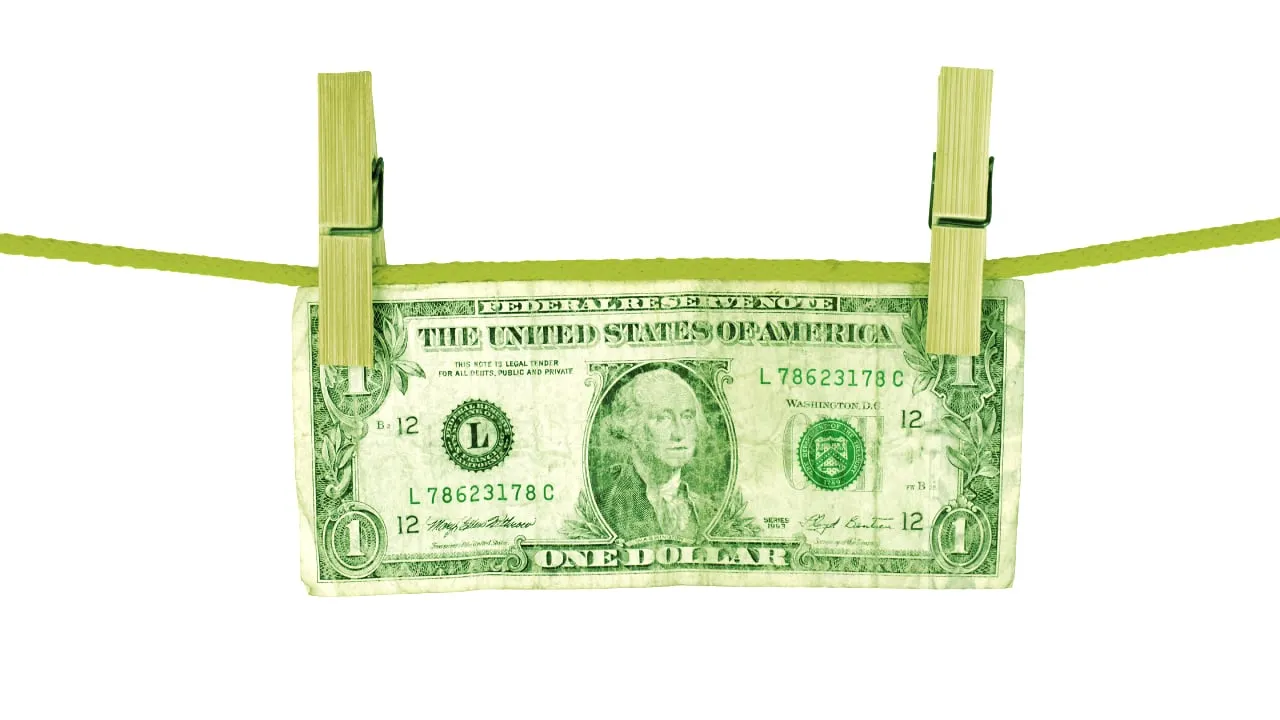The list of not-so-stable stablecoins has a new addition, as Polkadot-based decentralized finance (DeFi) platform Acala saw its aUSD stablecoin crash by 99% after hackers exploited a bug in its liquidity pool.
The stablecoin lost its dollar peg and plunged to as low as $0.009 in the early hours of Monday morning, according to data from CoinGecko.
Different price-tracking sites offer conflicting reports of aUSD's price crash; while CoinGecko indicates that the stablecoin continues to trade at $0.009, CoinMarketCap recorded a low of $0.58 and indicates that aUSD has climbed back to $0.91, but has yet to reclaim its dollar peg.
In a tweet, Acala Network explained that due to a “misconfiguration” of its newly-launched iBTC/aUSD liquidity pool, hackers were able to mint 1.28 billion aUSD; the sudden influx of coins caused the stablecoin to depeg in mere minutes.
iBTC is an inverse synthetic Bitcoin token that can be used on DeFi platforms and can be traded with aUSD on Acala.
Acala paused network trades following an urgent governance vote. The team will start on-chain tracing and encouraged those who “errorneously minted aUSD or swapped token from these aUSD that are not on Acala,” to return them to the tweeted addresses.
Acala subsequently confirmed that the bug has been fixed: “The misconfiguration has since been rectified and wallet addresses that received the errorneously minted aUSD have been identified.”
ACA, the native token of Acala, is currently changing hands at $0.27, per CoinMarketCap, down over 6% on the day.
Stablecoin woes
Acala’s aUSD joins a growing list of stablecoins that have dramatically depegged.
In May, the collapse of Terra’s algorithmic stablecoin UST wiped out billions of dollars in value in a matter of days, drawing regulatory attention from around the world. Unlike UST, Acala’s aUSD isn’t an algorithmic stablecoin, but claims to be multi-collateralized and backed by assets including DOT, KSM, ACA, KAR, BTC, and ETH.
Amid the implosion of Terra’s UST in May, other stablecoins slipped from their dollar peg, including hybrid algorithmic stablecoin DEI, which now changes hands under 20 cents. Even the world’s largest stablecoin, Tether, wasn’t immune to the contagion, dropping to as low as $0.95 before recovering.
Daily Debrief Newsletter
Start every day with the top news stories right now, plus original features, a podcast, videos and more.

